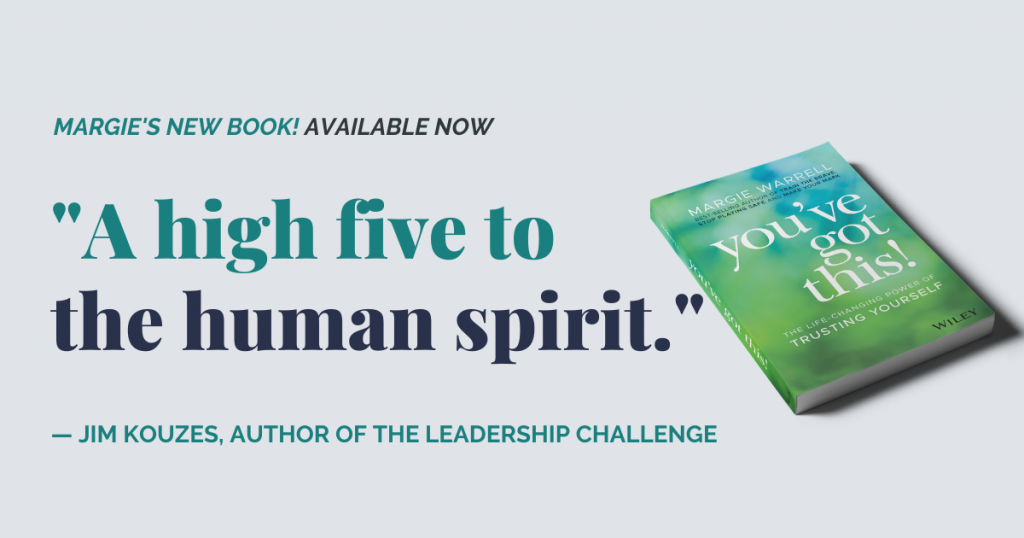For eight years Bronnie Ware worked as a palliative nurse, taking care of people in the final days of their lives. She had so many profoundly illuminating experiences that she decided to write an article that went on to become a book.
The Top Five Regrets of The Dying has since sold over one million copies and been translated into 32 languages.
Clearly the wisdom in her words struck a chord.
None of us want to go to our grave with the song still in us. Yet so many of us worry that we might.
In my latest Live Brave podcast, I share our wonderful conversation about what she learned during her years with the dying and, in particular, the five most common regrets of people as they arrive at the twilight of their lives.
The one that stands out most strongly for me was also the most common regret – how much people wished they’d lived the life they truly wanted to live, and not the one others expected of them.
Arriving at the end of life, when life’s clock has neared its final hour and realizing that there were so many things that they could have done, that were available for them to do, if only they had only made a different choice.
What stopped them choosing differently?
Fear.
Fear of ruffling feathers or rocking the boat.
Fear of disappointing parents or the disapproval of others they wanted to please.
Fear of being socially side-lined or venturing out and falling short and feeling foolish.
As Bronnie shared with me:
“Sometimes we are so caught up meeting the expectations of others we don’t have space to even hear what we truly want for ourselves.”
It’s so easy to get caught up in the treadmill of living the way we think we ‘should’ live that we fail to step back from the busy-ness of our lives and reflect on what we truly want to do with our one and only precious life.
It’s why, as I wrote in You’ve Got This!, so many people at the end of their lives wished they’d taken a leap of faith in themselves and ultimately regret far more the risks they didn’t take, than those they did. This isn’t about abrogating responsibilities or acting carelessly. It is about honoring your own desires and dreams more bravely.
If you’d love a little inspiration, I hope you’ll take a listen as we talk about these five top regrets of the dying.
- I wish I’d had the courage to live a life true to myself, not the life others expected of me.
- I wish I hadn’t worked so hard.
- I wish I’d had the courage to express my feelings.
- I wish I had stayed in touch with my friends.
- I wish that I had let myself be happier.
You can pick up a copy of Bronnie’s book in most bookstores or just order online here.
Bronnie Ware and I have lived very different lives. Yet we have both arrived at the same conclusion:
Living a good life requires living a brave life.
And while it may take tremendous courage at times to break through the fear we have about what might happen if we dare to pursue what tugs most on our hearts – in your careers, relationships or any aspect of our lives – the discomfort we feel is nothing compared to the pain of arriving at life’s end and realizing we never had the courage to live it fully. As Harvard psychologist Daniel Gilbert observed, our psychological immune system can far more easily justify an excess of courage than an excess of cowardice.
So wherever you are along your own life journey right now, beware the pull toward the familiar and the comfortable. It may be the easiest path to take in the short term, sparing you the risk of what you fear, but it can exact a steep toll in the long arch of your life.
Because when we arrive at that final hour, few things matter more than we dared to love deeply, express ourselves fully and lived the fullest life we had it within us to live.
So beware the long shadows of the unlived life – accumulation of unfulfilled dreams, sacrificed desires and unexpressed potential. And do not kid yourself that not pursuing what calls to you is best for the sake of others, particularly children. It cannot possibly serve those we care about to live a smaller life than that which we have it within us to live, particularly not our children who look to us for encouragement as they envision their own futures. As I’ve said to many parents (particularly mothers) how can we tell our children to pursue their dreams if we are not pursuing ours, even if only in small tiny steps when we have small tiny steps pattering around us.
Fear regret more than you fear falling short or failing to keep people around you happy. Those who love you most will not be upset by you honoring the siren call of your soul. As I’ve found many times, the only people who are upset when we decide to honor our truth, and set boundaries are those who’ve benefited from stepping over them.







